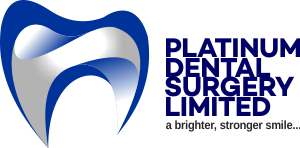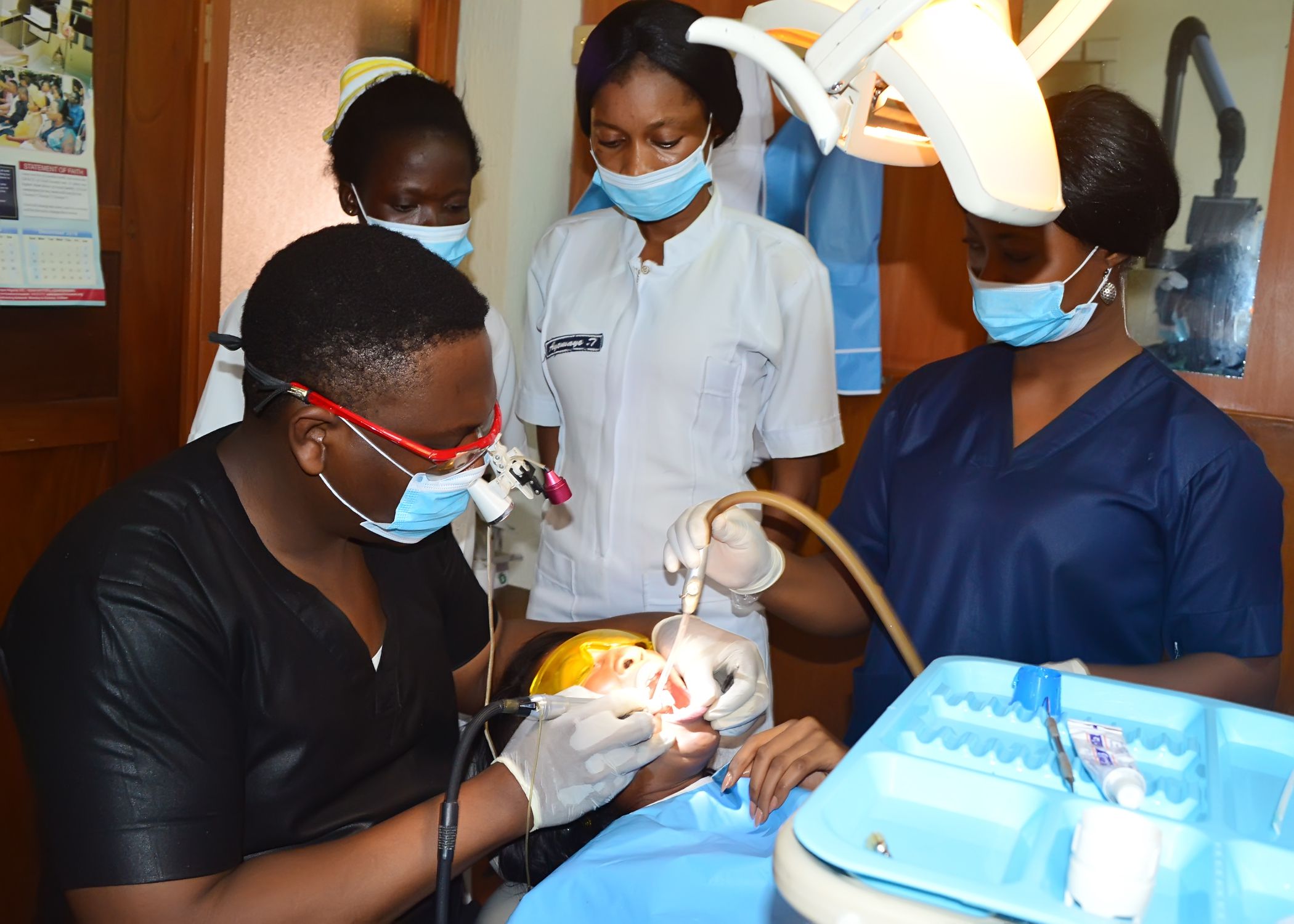Attention there! When last did you change your toothbrush? How often do you change your toothbrush? A lot of people are concerned about maintaining proper oral hygiene, but as funny as it may sound, they do not pay attention to changing their toothbrushes from time to time. Some only get to change their toothbrushes because they’ve lost the previous one. Little wonder such people never get a breakthrough in the struggle with bad oral health.
Many do not change their toothbrushes as often as they should because they do not know why they should. One question that can surface is “how frequently should I change my toothbrush?” Some say every three months and some others have varying opinions. In this article, we are going to address that. But before doing so, let me quickly take you back to the history of the toothbrush.
The Toothbrush
Before the coming of the toothbrush which has become a part of our everyday lives, people often used chewing sticks and other primitive means of cleaning their teeth. Those old-fashioned methods seemed good at the time but they were quickly reeled out of the scene as toothbrushes took over.
A Toothbrush is a dental instrument used to clean the teeth. It is of two types: manual and electric toothbrushes.
The manual toothbrush is usually small and portable and you are the controller of the toothbrush.
The electric toothbrush uses power in that you need to charge it before it can be put to use. The electric toothbrush uses sensors that make sure it doesn’t brush too hard on the gum.
Both types of toothbrushes are good to use, but it’s best to try out the two to determine which is more comfortable for you.
WHEN SHOULD I CHANGE MY TOOTHBRUSH?
It is generally accepted in dentistry that your toothbrush should be changed at the end of every quarter of the year, that is, every three months. Here are some compelling reasons to change your toothbrush:
After three months of frequent use, the bristles become worn out and ineffective in removing plaque and tartar from the teeth and gums as they cannot reach the corners of the mouth.
In addition, new toothbrushes come with round-ended bristles which when applied over the gums do not cause injuries. Over time, the bristles become sharp and can bruise the gums. This can lead to teeth sensitivity.
So, it’s advisable to change that toothbrush as soon as you start noticing roughness of its bristles on your gums.
However, there could be causes for you to change your toothbrush even before the end of the quarter:
If you’ve had the flu, a cold, a sore throat or any mouth infection and you don’t want a recurrence, it’s advisable to change your toothbrush because germs and bacteria can store up in between bristles which could lead to re-infection.
You might also get a new toothbrush if you’re just getting well after an illness.
Also, if you’d had cause (inevitably though) to share your toothbrush with someone else, then you have to change it as you cannot be sure if infection carriers and disease vectors have not been deposited in-between the bristles. You can never know what exact diseases what that friend, even your roommate is suffering from secretly.
If your toothbrush has been carelessly dropped in an unhygienic environment, you’ve got to change it.
Toothbrushes come with bristles arranged in a pre-set manner. Once you begin to notice that the bristles on your toothbrush are falling out of shape, make sure to replace it as soon as possible. Also, if you become aware that the bristles are getting dirty and changing colour, it is a clear sign that you need to replace it.
If your hand is always heavy on the toothbrush when you brush, you should expect that the bristles on your toothbrush will wear out and become dull faster than normal and so you might need to replace your toothbrush more often.
FINAL TIPS – Maintaining your toothbrush
Well, from all the above it can be said that there are two major reasons why you’ll need to replace your toothbrush frequently (whether every three months or more often), which are: wear and tear of the bristles; and bacteria build-up in between the bristles. So, addressing those two factors with some careful measures can reduce the number of times you’ll have to bother about replacing your toothbrush.
The same way you buy your bathing soap and toothpaste, you should learn to buy new toothbrushes, this will help a lot.
First, try to be less aggressive and firm on the toothbrush when you brush your teeth. Gentle but thorough brushing will increase the durability of your bristles.
Lastly, as much as possible, do not allow bacteria and germs to build up in-between the bristles. After each use, rinse your toothbrush properly and store in an upright position to allow the bristles to air-dry.
When you brush your teeth, it’s best to let it air dry and keeping it in a closed container Also when you travel, it’s best to dispose the toothbrush afterwards.
For more tips on how to maintain a good oral health, stick with us at Platinum Dental.


